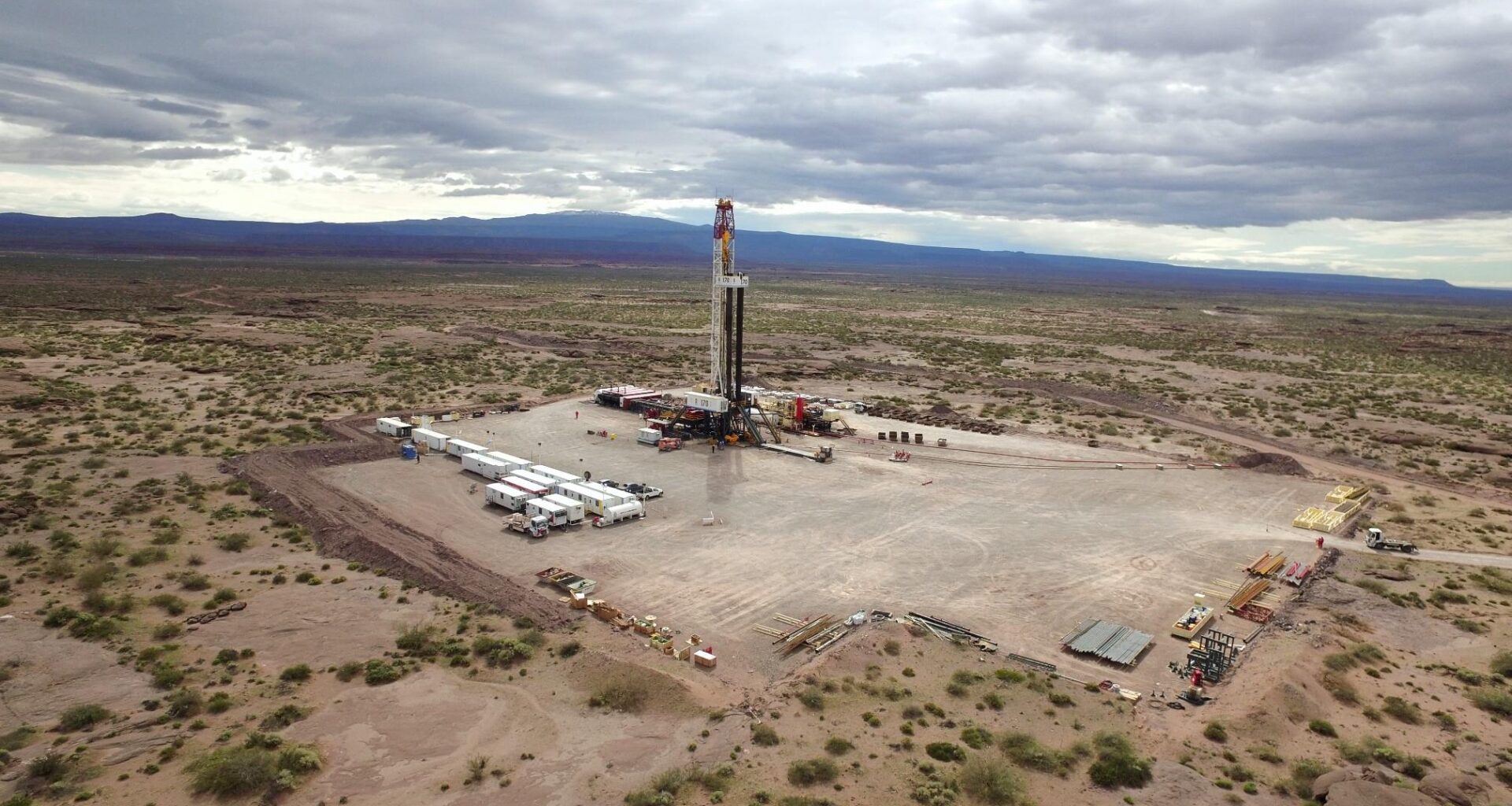Argentine state-operated energy giant YPF bought two production blocks in the Vaca Muerta geological formation belonging to the French multinational TotalEnergies. The sale, valued at US$500 million, marks the European company’s exit from the shale oil and gas producing region in the Argentine Patagonia.
The two blocks sold by Total Austral S.A., TotalEnergies’ subsidiary in Argentina, were La Escalonada and Rincón La Ceniza. Once the operation is settled, YPF will become the owner of a joint venture holding 45% of the rights to these blocks, alongside Shell Argentina (45%) and G&P (10%).
Both blocks have shale exploitation concessions until 2051. According to a statement by YPF, they are “key assets” for its growth strategy in Vaca Muerta.
“La Escalonada is a first-class crude oil producing block that will allow the company to increase its current production and generate synergies to boost the development of the Vaca Muerta North Hub,” read the statement. Rincón de La Ceniza, according to YPF, is located in the wet gas window of Vaca Muerta, and has “strategic potential for the development of the Argentina LNG project.”
The acquisition is part of YPF’s strategy to optimize its asset portfolio and strengthen its position as a world-class shale operator, the company said.
In his usual press conference on Friday, presidential spokesman Manuel Adorni said that the company’s strategy allowed it to obtain 60% of the fuel market. The official also said that the hydrocarbon production in the country grew by 16.2% year-on-year, reaching levels in June that had not been seen in “more than 20 years.”
“After decades of energy populism, during the first half of the year, Argentina had the largest energy trade surplus in the last 35 years, reaching a surplus of $3.76 billion,” he added.
Last May, the company announced it was withdrawing from conventional oil fields to focus fully on Vaca Muerta. YPF is also facing difficulties on the judicial front, as a court in New York ordered Argentina to hand over its shares of the company to a hedge fund, as partial payment of a US$16.1 billion lawsuit.
Argentina appealed the order, which was temporarily suspended last month.
